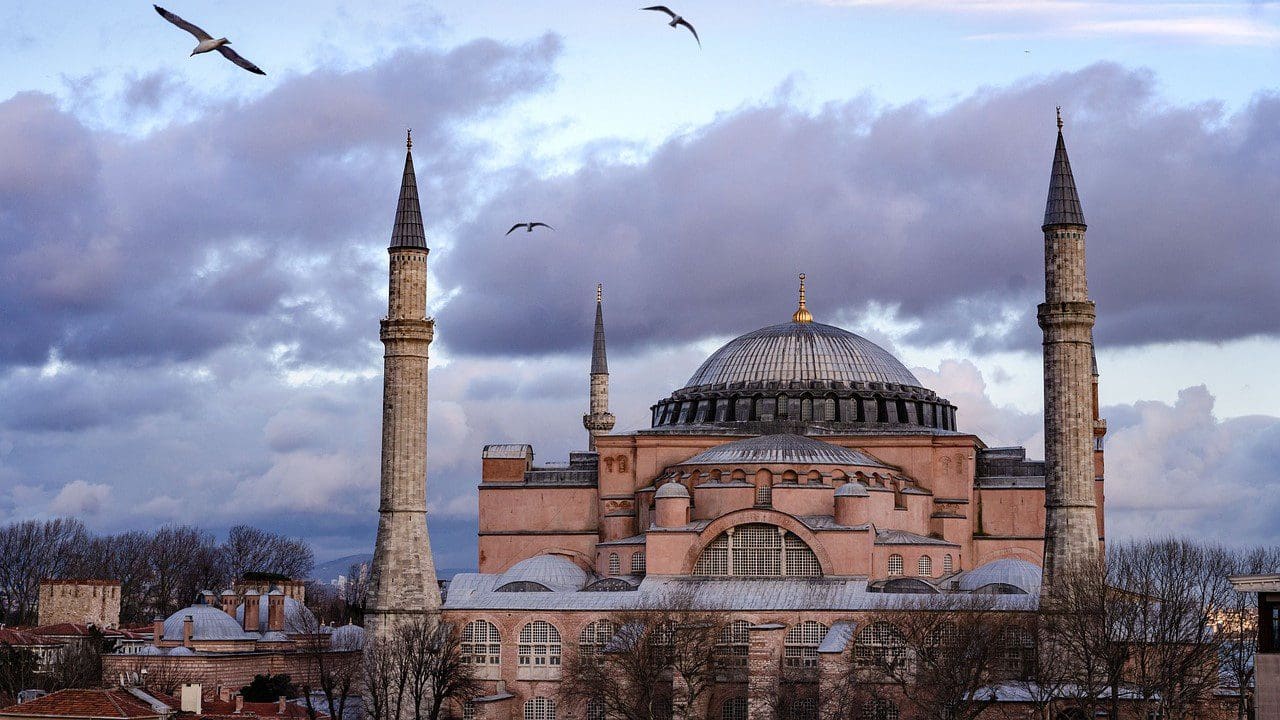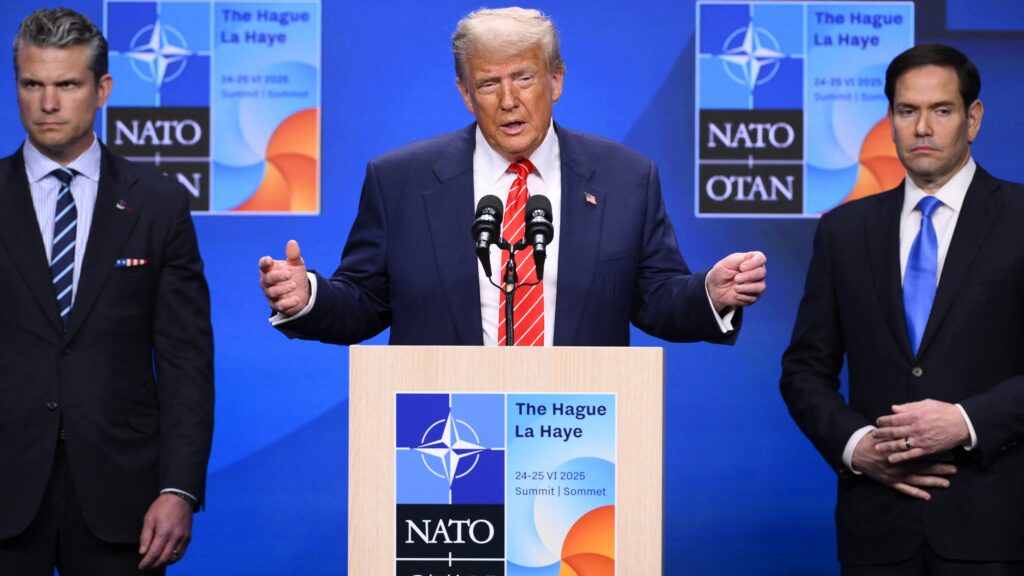It has been nearly a month since Turkish President Recep Tayyip Erdoğan was re-elected to a third term during a presidential runoff. Having employed an Islamic-nationalist rhetoric to not just combat the infiltration of the LTBQ+ agenda in Turkey, but to make his country a global military and industrial power, Erdoğan presented himself as a true populist, which helped him harness 52.14 per cent over the 47.86 per cent of his opponent, Kemal Kılıçdaroğlu.
Given Erdoğan’s pro-Ottoman policies, many were a bit surprised that the first to congratulate him in his victory, even two weeks before the runoff when he was projected as the frontrunner, was Hungarian Prime Minister Viktor Orbán. The paradox in this is that
both are ardent defenders of their respective faiths
that have historically been in conflict with each other.
Defender of the Christian Faith
Orbán, presents himself as a defender of Christianity not only in Hungary but in Europe, as per the new Hungarian Constitution, which ‘recognise[s] the role of Christianity in preserving [the country]’. It is looked upon as not just the remnant of Christianity in Europe, but as the renaissance of Christian faith. Indeed, in his re-election speech last year, the Hungarian Prime Minister said:
‘The entire world can see that our brand of Christian democratic, conservative, patriotic politics has won. We are sending Europe a message that this is not the past—this is the future.’
Orbán was not always such a fervent defender of Christianity, though one must put this in historical context since Hungary was under the reins of Soviet Communism. Orbán launched his political life in the 1980s as an anti-communist. A self-proclaimed Calvinist (or Presbyterian), Orbán appears to have become more dedicated to his faith in the late 1990s, remarrying his wife, Anikó Lévai, in a religious ceremony.
The Hungarian prime minister, notwithstanding critics who question the sincerity of his faith and wonder if his pro-Christian rhetoric is simply about staying in power,
has been able to uphold more than any European leader the integrity of the family.
This has been evidenced by his defence of marriage exclusively between male and female and his anti-LGTBQ+ and abortion positions.
Yet it has been his anti-Islamic rhetoric, vis-à-vis Muslim migration that has casted Orbán into a figure of that of the Holy Roman Emperor Charles V who, in the mid-sixteenth century, took on the Turkish Sultan Suleyman the Magnificent to preserve Christian Europe.[1] As he vied for a third term in 2015, referring to past conquest and occupation of Hungary by the Ottoman Turks, he stated:
‘Dark clouds are gathering over Europe because of immigration. Nations will cease to exist, the West will fall, while Europe won’t even realise that it has been invaded. Christianity is Europe’s last hope.’
Defender of the Islamic Faith
Born poor and raised in a working-class family, Erdoğan, as a youngster, was sent by his father to a religiously-oriented Imam Hatip school—a secondary school founded in lieu of a vocational institution to train government employed imams, after the madrasas in Turkey were abolished by the founder of modern Turkey, Mustafa Kemal Atatürk. There he became an ardent student of the Quran, the life of the Prophet Muhammad, and Islamic tenets. He also dedicated a considerable amount of time to improving his Quran recitation, which earned the praise of his friends.
It was only logical then that he encountered politics through Islamist nationalist, anti-Western and anti-Semitic parties modelled on Milli Gorus, an Islamic-political movement inspired by Necmettin Erbakan. He argued that Turkey was capable of developing its own human and economic power by protecting its core values. Erbakan also warned against further rapprochement towards Europe, taking into consideration the common market to be a Zionist and Catholic endeavour for the assimilation and de-Islamisation of Turkey, and called instead for Pan-Islamism.
Since he came to power, Erdoğan has publicly promoted his political Islam,
as with the erecting of mosques. He has reportedly built built more than 17,000 mosques: one-fifth of Turkey’s total. From Mali to Moscow, by way of Cambridge and Amsterdam, Erdoğan is ceaselessly active in embedding Islamism. The biggest mosque in the Balkans is Turkish and is located in Tirana, Albania; the largest one in West Africa was built by Erdoğan in Accra, Ghana; and the largest mosque in Europe will be his new Turkish mosque in Strasbourg.
Within the mindset of an absolute caliph, he has imprisoned many over alleged insults of his and public officials. In December of last year, an İstanbul court sentenced Ekrem İmamoğlu, the mayor of İstanbul from the main opposition Republican People’s Party, to two years, seven months in prison and barred him from politics for allegedly insulting members of Turkey’s Supreme Board of Elections.
The ultimate evidence of his pro-Ottoman policies occurred in 2020, when he had İstanbul’s Hagia Sophia into a mosque, and
led prayers in the church built by the Emperor Justinian in the sixth century.
This came after he pushed for a court ruling to declare that a 1930s decision under Mustafa Kemal Atatürk, who secularised Turkey by eliminating Islam as the state religion, that turned the iconic building into a museum, had been unlawful. Erdoğan handed the majestic former Christian church over to the government’s directorate of religious affairs to open it up to worshippers. Hagia Sophia for nearly a millennium had been the epicentre of Orthodox Christianity until the Ottoman conquest of Constantinople in 1453, when it was thereafter turned into a mosque. During the prayers led by the Turkish president, the mosaics of Christ and the Virgin were sheathed with white curtains.
An Alliance of Shared Values or Common Interest?
Hungary, surprisingly enough, has shifted its attitude to its Islamic Ottoman heritage over the past decade. In 2016, the then Fidesz-run mayoralty in the northern city of Eger allowed the muezzin (the Muslim Call to Prayer) to be heard from the Eger Minaret—a major landmark and the last remaining Ottoman monument in the region—for the first time in over 300 years.
Erdoğan, voicing views similar to Orbán’s pro-family policies, recently stated that his government was working on drafting an anti-LGBT constitutional amendment to enshrine the family that will be submitted to parliament:
‘We will take every step to protect the family from perversion. Therefore, we’ll submit our constitutional amendment proposal, which we mentioned before the elections, for parliament’s consideration.’
Since 2021, Hungary has been nurturing a friendly, strategic alliance with Ankara. Orbán indicated that
Turkey is a salient geopolitical ally to tackle health, economic and energy crises on all fronts.
He also that Hungary-Turkey trade ties increased by more than 30 per cent during the period of the COVID-19 crisis and totalled at almost four billion dollars; Turkey had supplied raw materials to Hungary for the production of personal protective equipment.
Earlier, in 2018, Orbán stated:
‘Turkey’s stability is good news for the entire continent. Europe faces a number of serious security challenges, and to overcome these challenges, we need to nurture a stable, predictable relationship with Turkey.’
Both leaders have been vocal about ending the war in Ukraine.
Both have aided Kyiv in one way or another, while maintaining good relations with Moscow.
Is this, then, an alliance of shared values or common interests?
[1] Cfr. James Reston, Jr., Defenders of the Faith. New York, Penguin Press, 2009.








